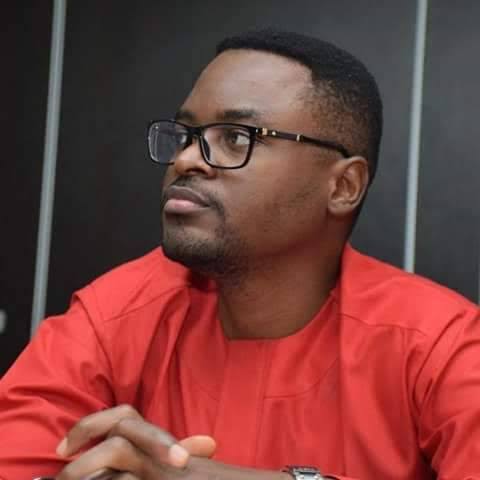Expectations are high. Rightly so. 2023 has been roundly described as a make-or-mar year for Nigeria. Citizens seek change. Things have to change. The current socio-economic tailspin must be arrested. But we have to be pragmatic with our expectations. Good things do not come easy. No single individual can magic Nigeria into an El dorado in four years. Nigeria’s problems, which are functionally in situ, are age-long. But one ‘’Alexander the Great’’ can actuate the process to cutting the systemic Gordian knots.
According to legend, Gordius, king of Gordium, tied an intricate knot and prophesied that whoever untied it would become the ruler of Asia. It was cut through with a sword by Alexander the Great in 333 B.C. Alexander went on to conquer most of Asia. So, the term ‘’Gordian knot’’, which means difficulty, snag, setback, problem or obstacle, came from the artful tapestry of the king of Gordium.
What are Nigeria’s Gordian knots? Pervasive insecurity, omnipotent corruption, nepotism, prostrate economy, acutely divided citizenry, decrepit health infrastructure, wobbly education, ubiquitous poverty, unchecked killings, indiscipline, persistent workers’ strikes, capricious and avaricious petrol subsidy regime, and general societal malaise.
Nigeria’s next president will be coming at a time the country is agonisingly sundered along ethnic and religious contours; at a time of unseething anger and great uncertainty; when the economy is in shreds; corruption at the apogee; at such a perilous a time when Nigerians cannot commute from one part of the country to another for fear of being killed and kidnapped; at such a vulnerable time when a dollar is N600 at the parallel market, and when over 13 million children are out of school. Nigeria’s next president will be coming at a time of anomie.
In the column, ‘Why are ethnicity, zoning dominant issues of 2023 elections’, I said while we fixate on primordial concerns, we lose sight of the most important matters. We dispense too much energy on trivialities, and leaving little to interrogate those who have come forward to represent us. Even if ethnicity, region and religion are to be criteria for selecting Nigeria’s next president for the sake of ‘’justice, equity and fairness’’ as propounded by those calling for an orbiting in the geography of power, this should not take precedence over the principal issues of leadership.
The task ahead is humongous and Nigeria desperately needs the right people in government to get the right fixes.
A critical concern today is insecurity. How would the next president tackle the hydra of insurgency, banditry, terrorism and kidnapping? What measures will the next president take to address the galloping debts, oil revenue shrinkage and freewheeling inflation? How will the next president provide elixir for our health sector and get our wobbly education kicking again?
What are the plans to take the edge off youth unemployment? What will be the policy on petrol subsidy, considering that N4 trillion will be spent on this Venus flytrap in 2022? What is the plan to oxygenate Nigeria’s power sector and make it less of an embarrassment? How will ASUU demands be addressed for good? How will sectional agitations and omnipresent corruption be tackled?
These are some of the issues that the next president will have to contend with. The task ahead is immense. If we are serious about getting out of the doldrums, then we must make this election about real issues – with gravitas.
Who will begin the process of cutting Nigeria’s many Gordian knots? As a matter of fact, people with the capacity for governance are not in short supply here. But if we are seeking some flawless individuals or celestial beings to turn Nigeria around, we will only be chasing a will-o-the-wisp. Again, we have to be realistic and measure our expectations.
No single government can fix all of Nigeria’s problems. What we need is successive corrective leadership. One government addresses some critical challenges, and the next comes to build on the successes of the other. Governance should be a progressive continuum.
If 2023 is really a make-or-mar year for Nigeria, then we must begin to make every bit of the process to electing a new leadership count. We must prioritise the real issues and interrogate those who have come forward for elective office. It is facile to assume that because delegates, who are often bribed, will nominate the candidates for elections, the choice of the uninitiated population is already compromised. It is not a fait accompli. Delegates do not exist in isolation. They are everyday Nigerians encumbered by the same quotidian problems.
I believe the zeitgeist; the mood of the time, (among other factors), will govern the nomination of presidential candidates by the parties.
And if I am reading the mood of the country correctly, Nigerians are tired.
My sympathies in advance to anyone who takes up the job of leading Nigeria under this reign of babel.
By Fredrick Nwabufo; Nwabufo aka Mr OneNigeria is a writer and journalist.

